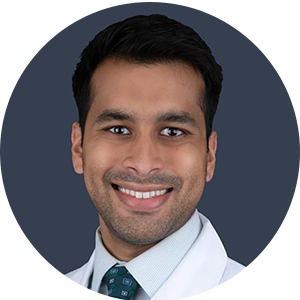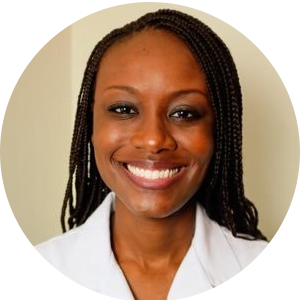Georgetown School of Medicine Health Policy Elective
Through this elective, participants can take a deeper dive into health policy. “The Larger Context: Health Systems, Policy, and Public Health for Clinicians” is a collaborative effort that will bring residents, students, and policy makers together to experience and learn the health care system through lectures from national experts and site visits. The course will illustrate how the patients you have been caring for in your clinical rotations in the hospital and in the community are affected by the larger health care system. Our faculty lecturers, as well as invited outside experts who work in health policy and public health organizations, will speak to the students about important health system issues and how to incorporate public health and public policy knowledge into their future careers. We will take advantage of our training location in the nation’s capital and have the students visit various health policy and public health agencies and institutions. The course is a four-week elective for medical students, the first two weeks of the elective are open to residents.




